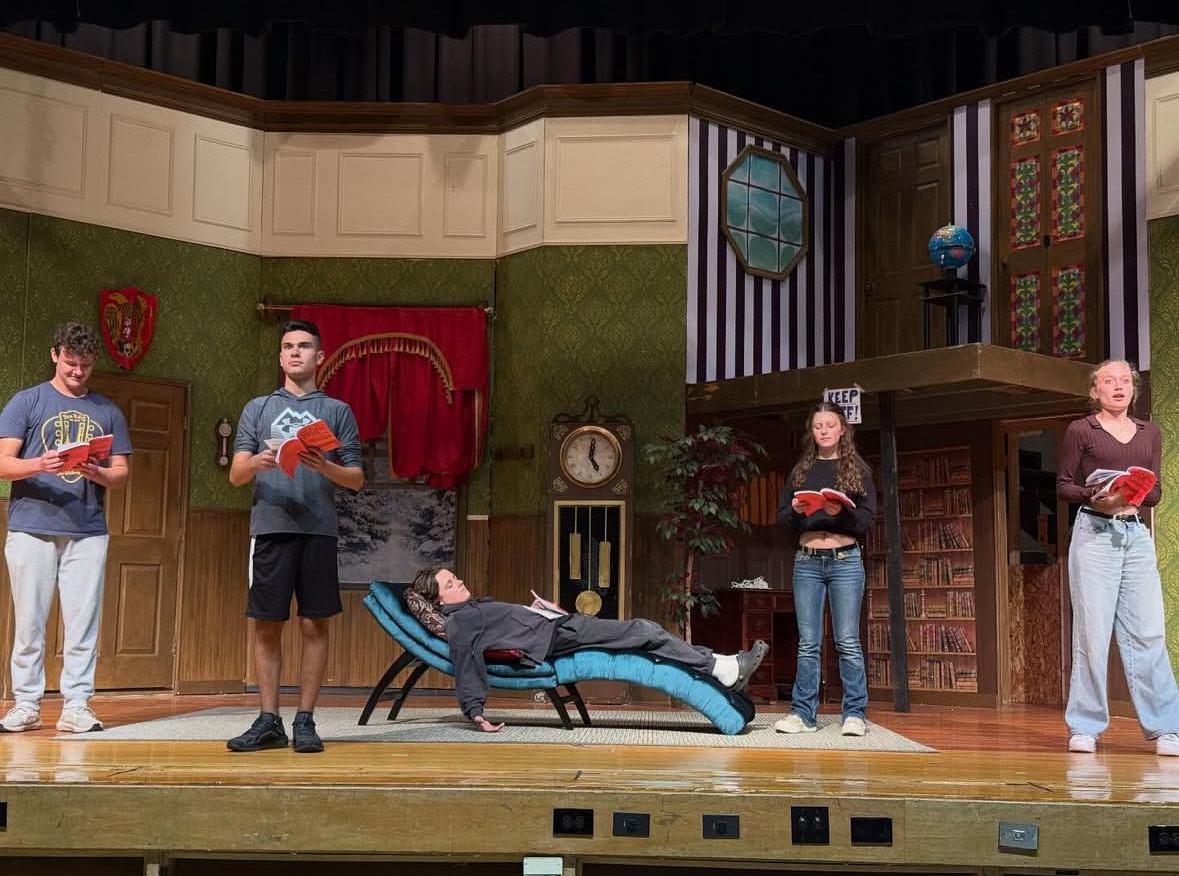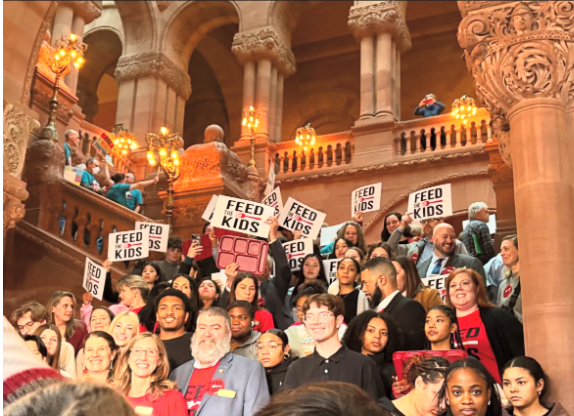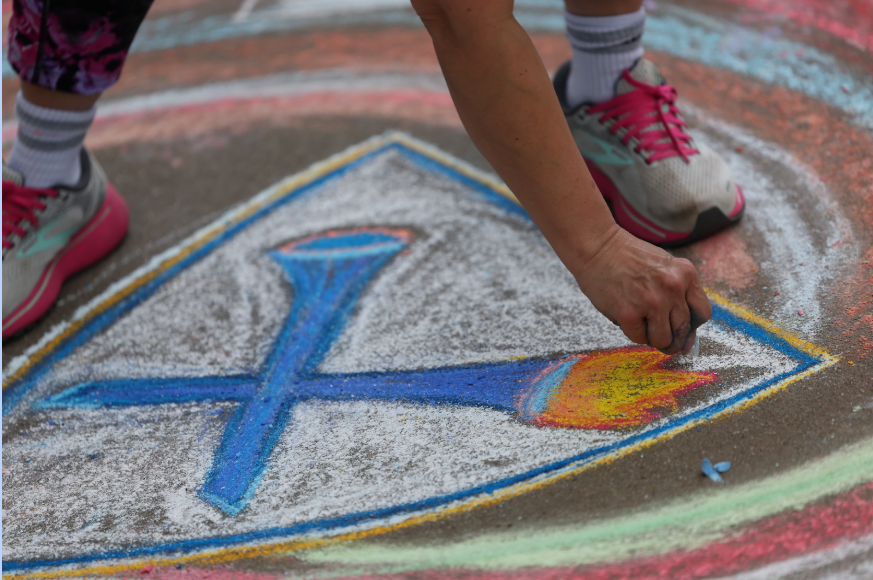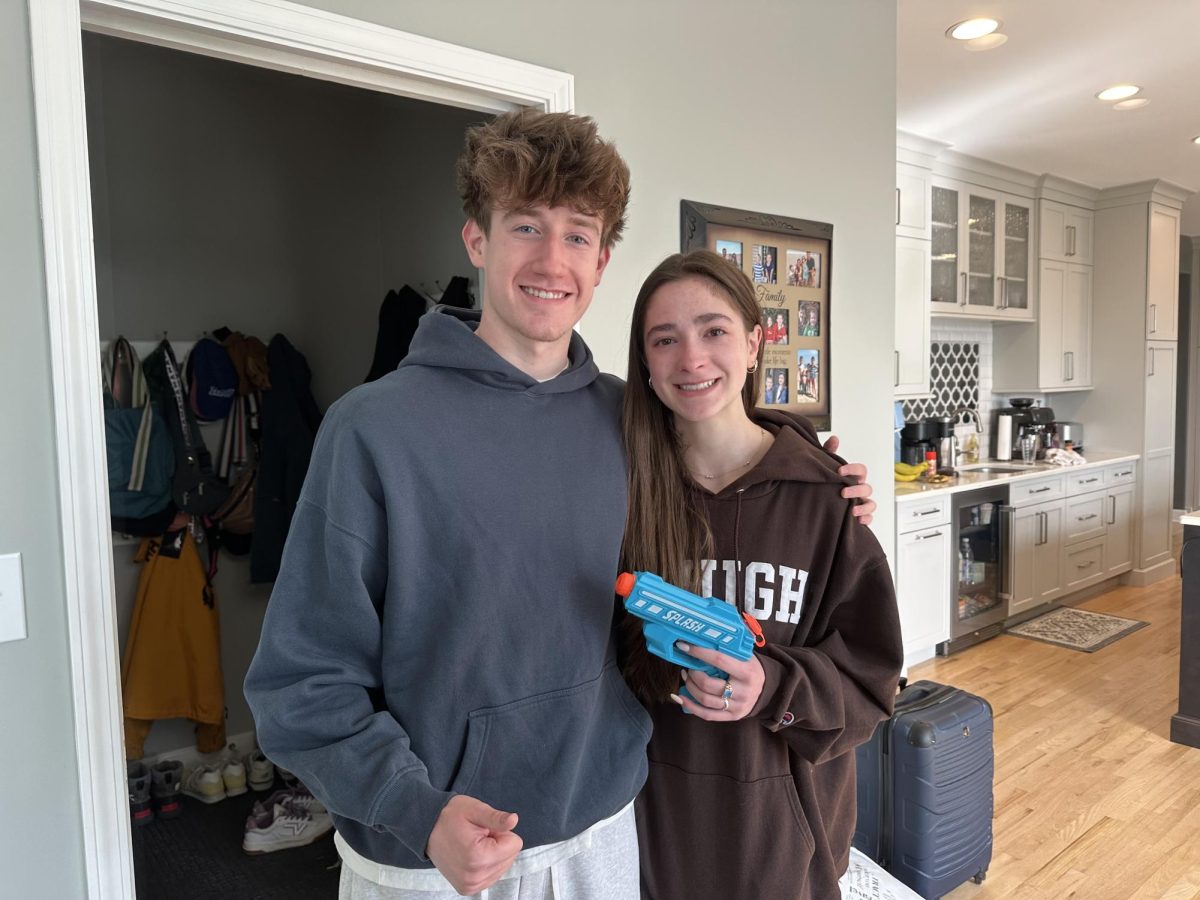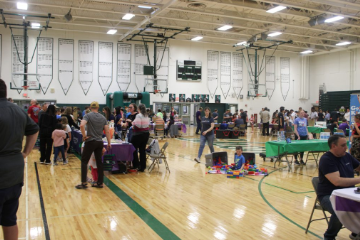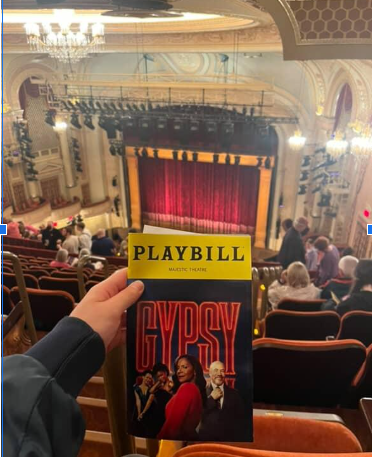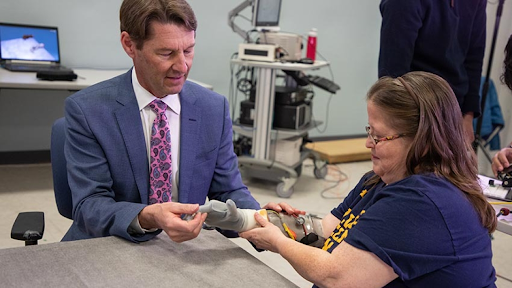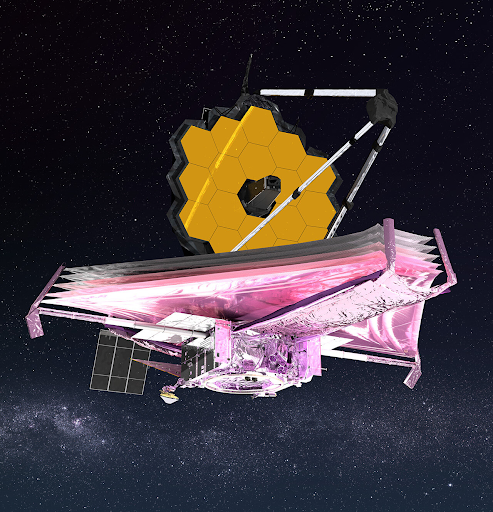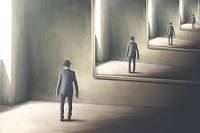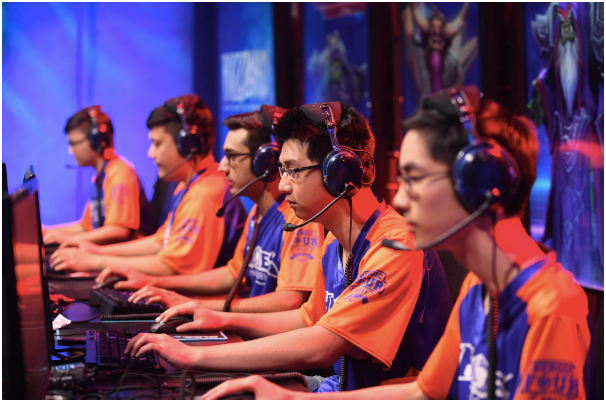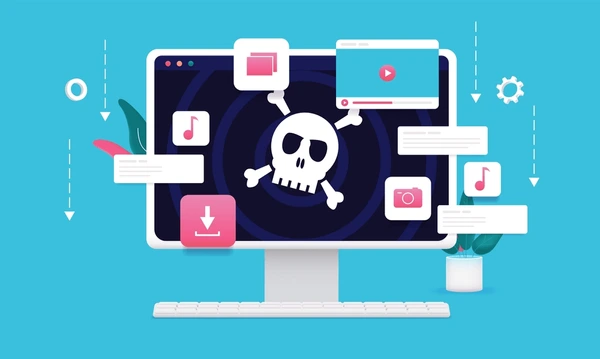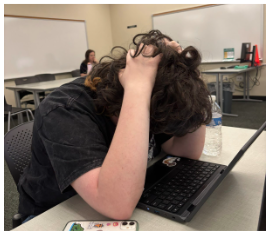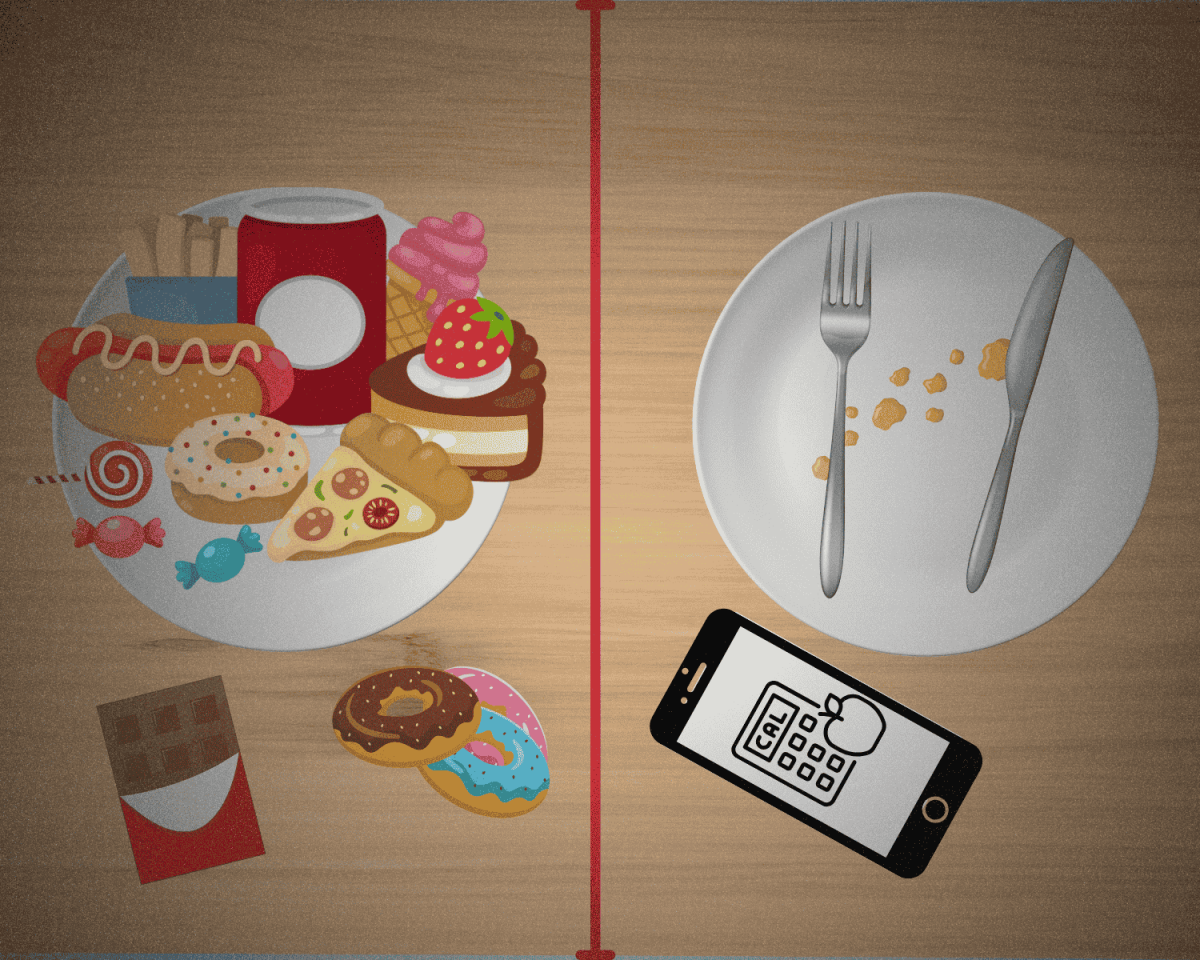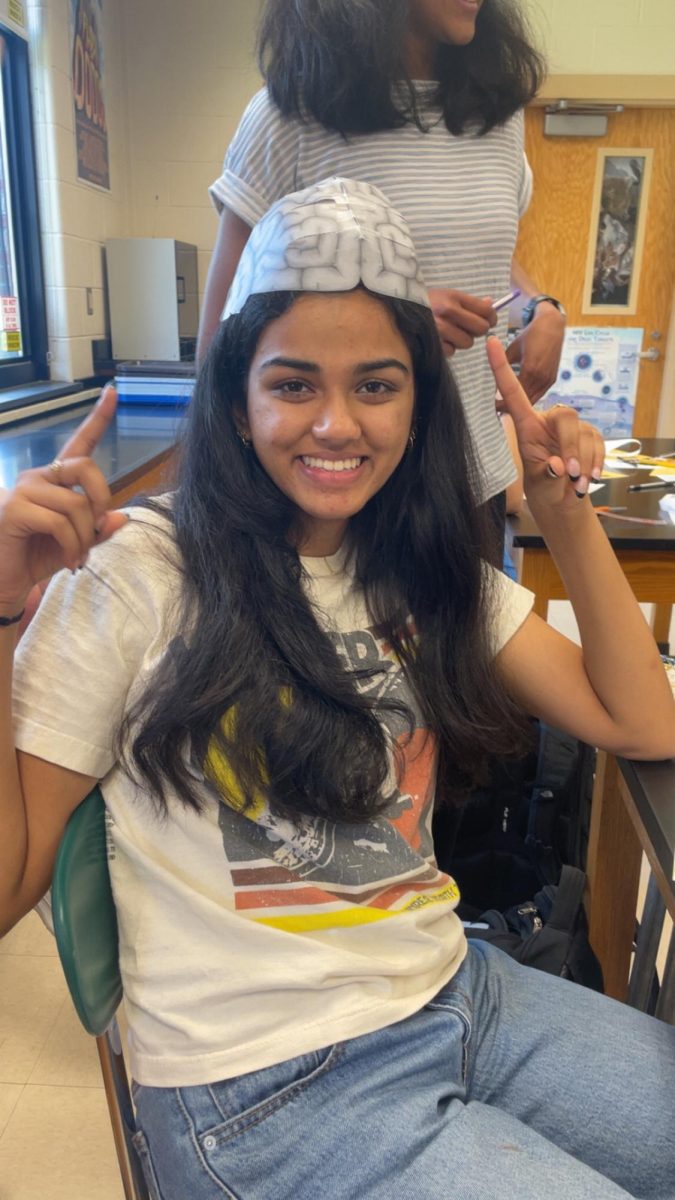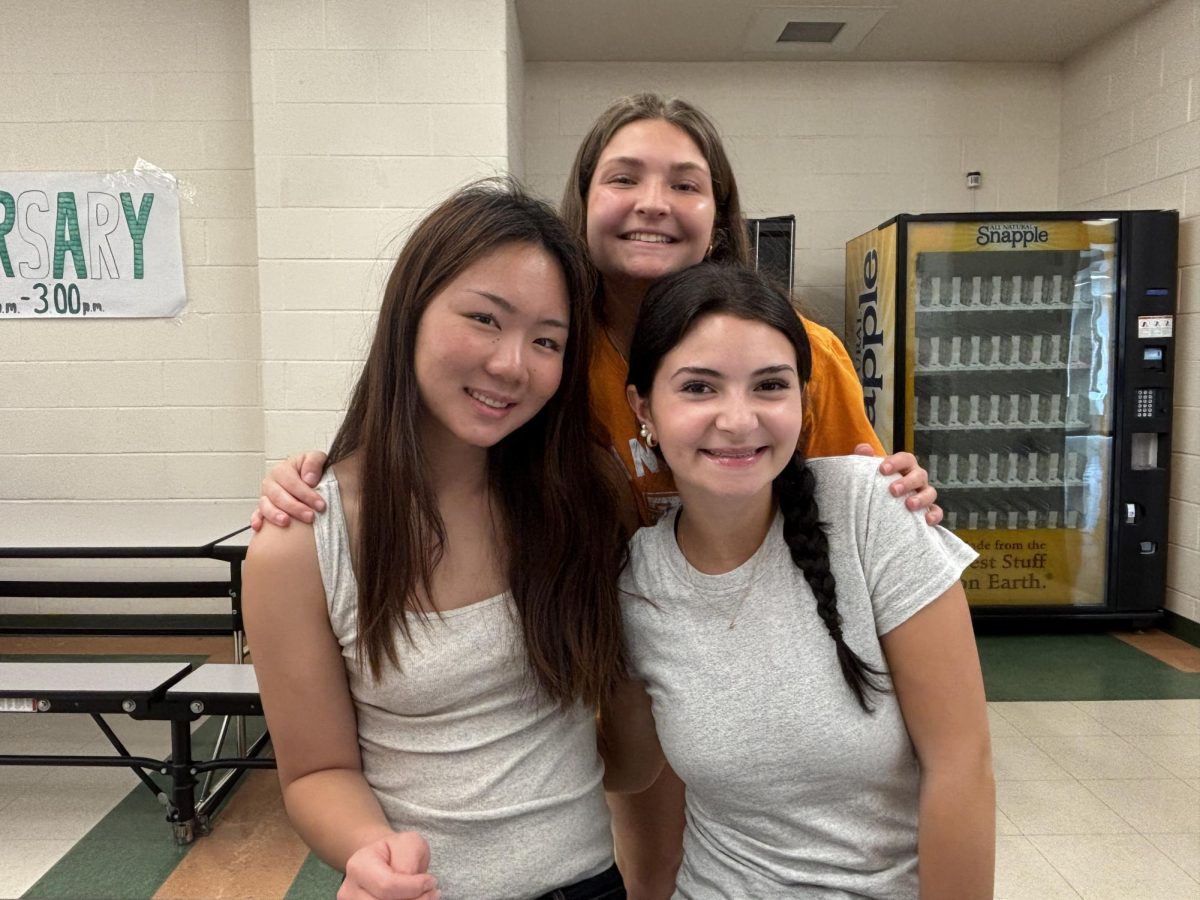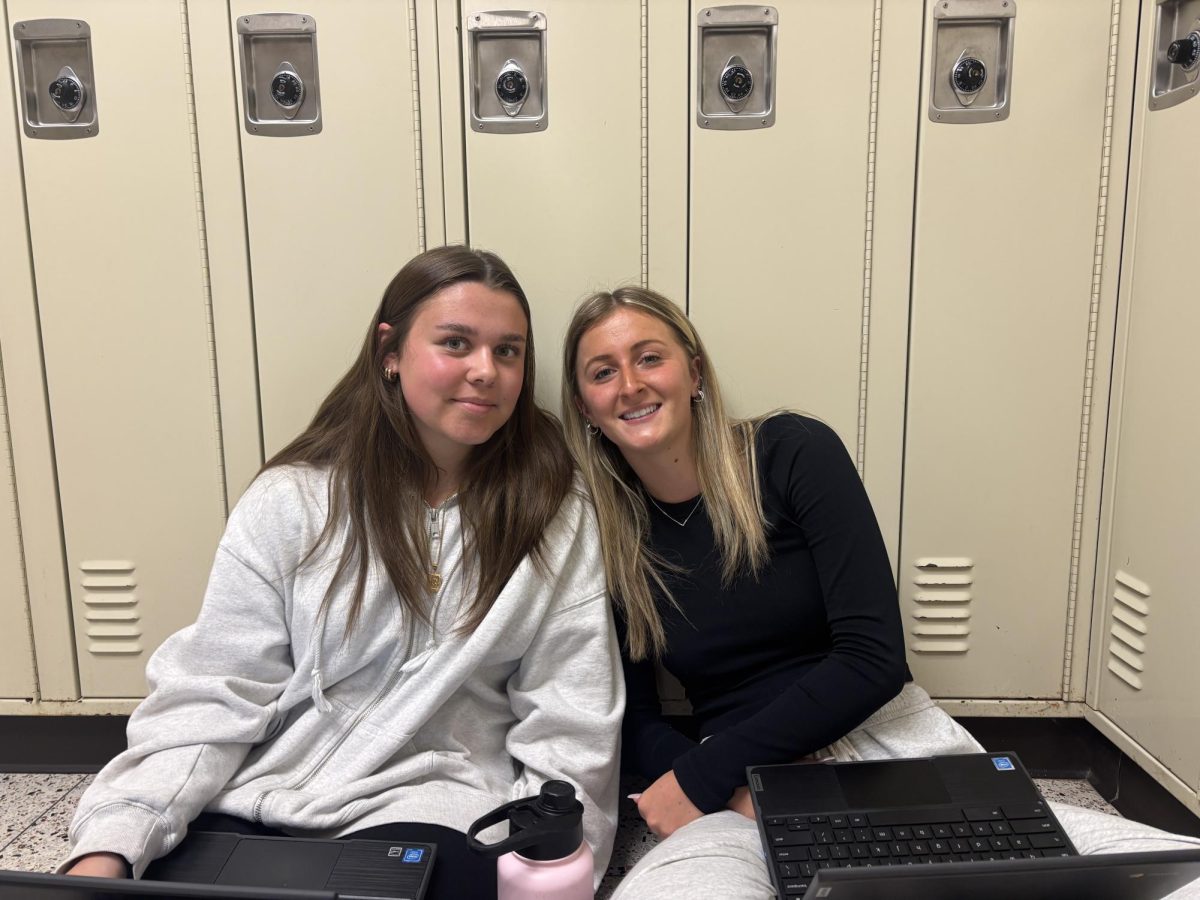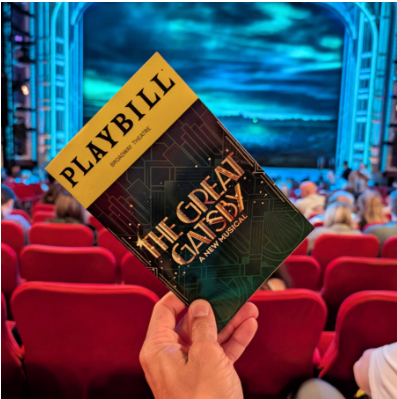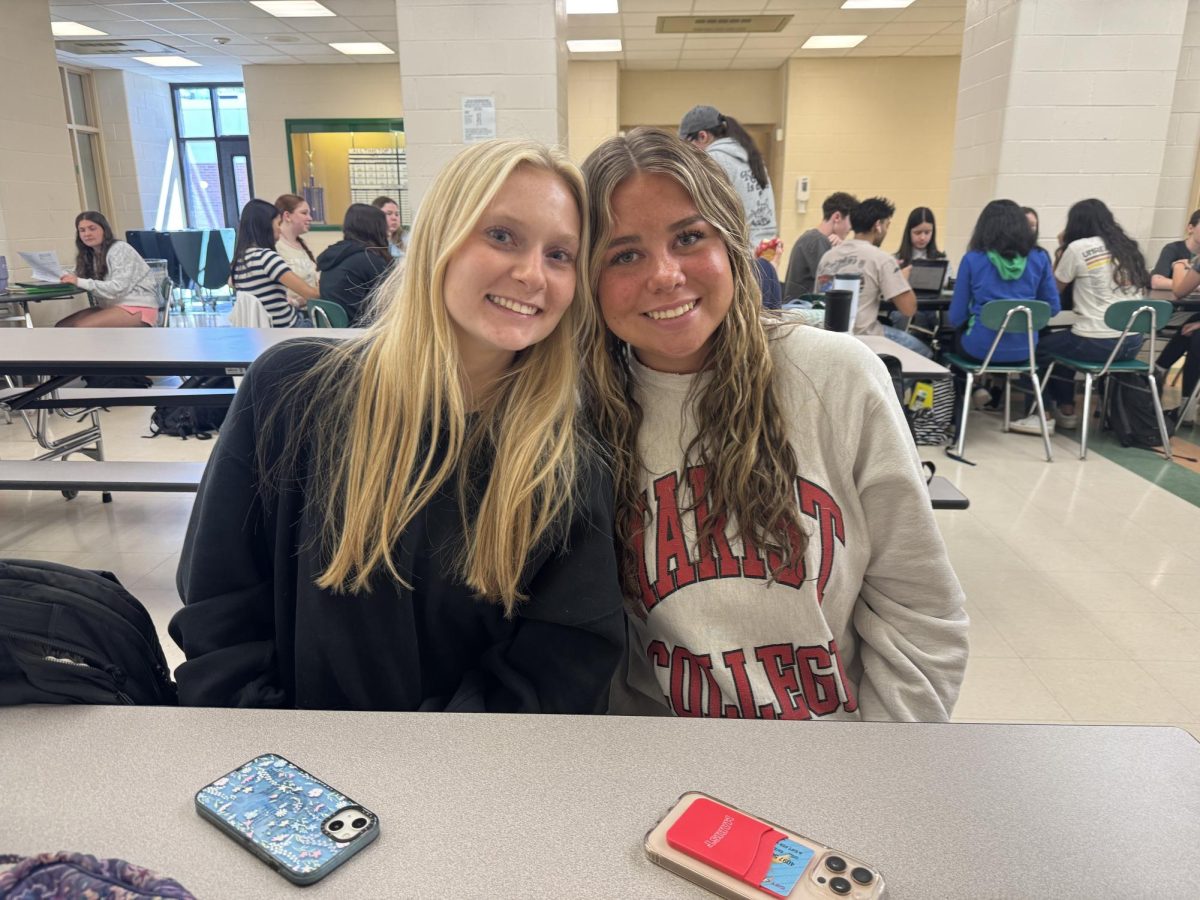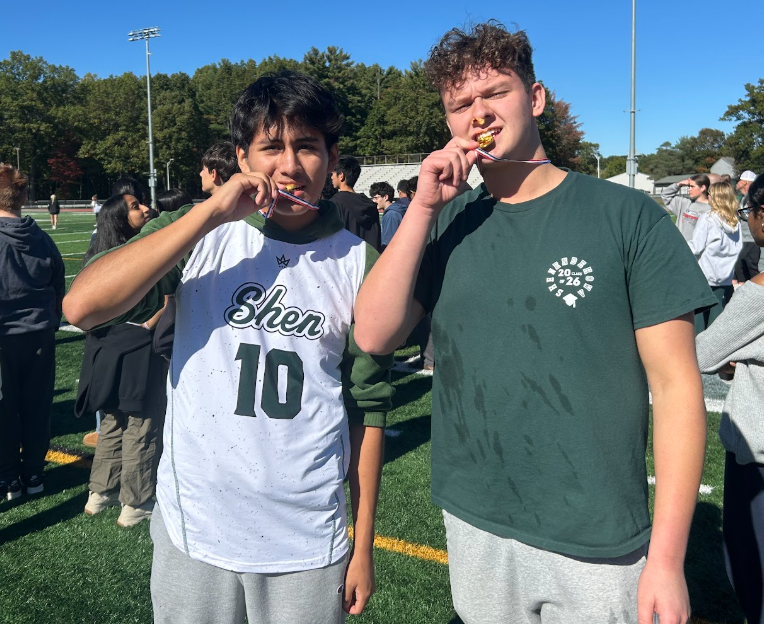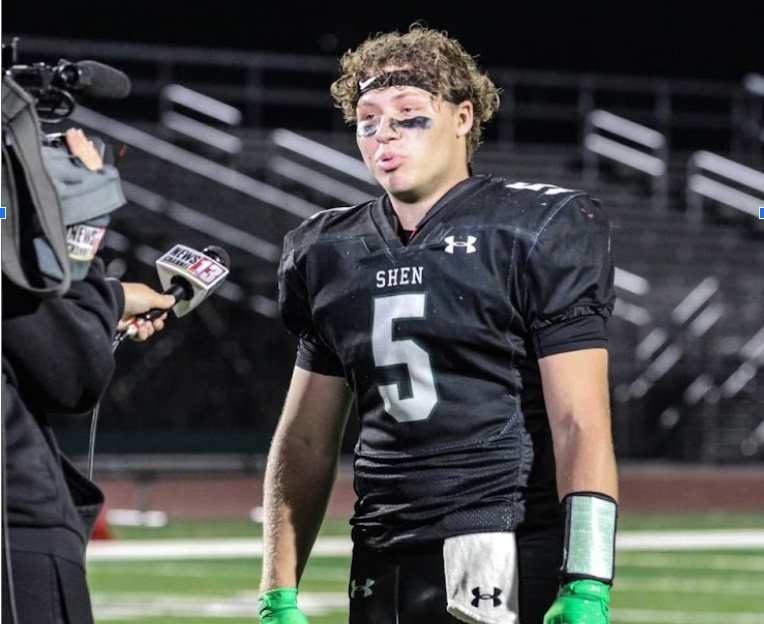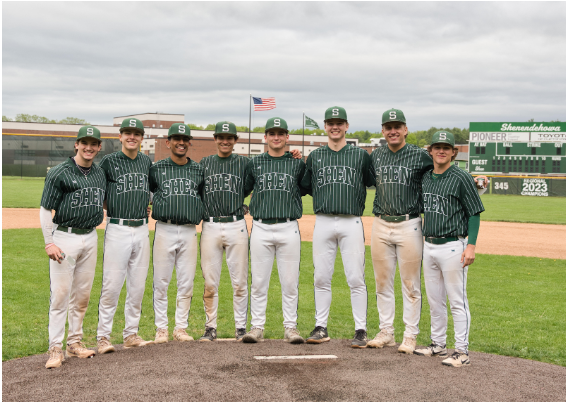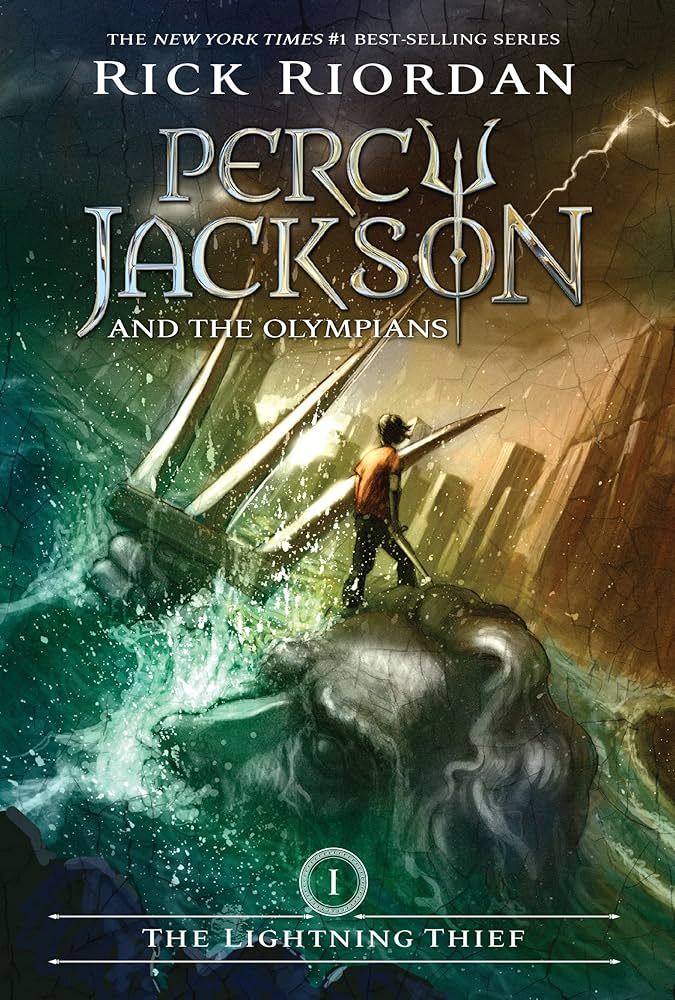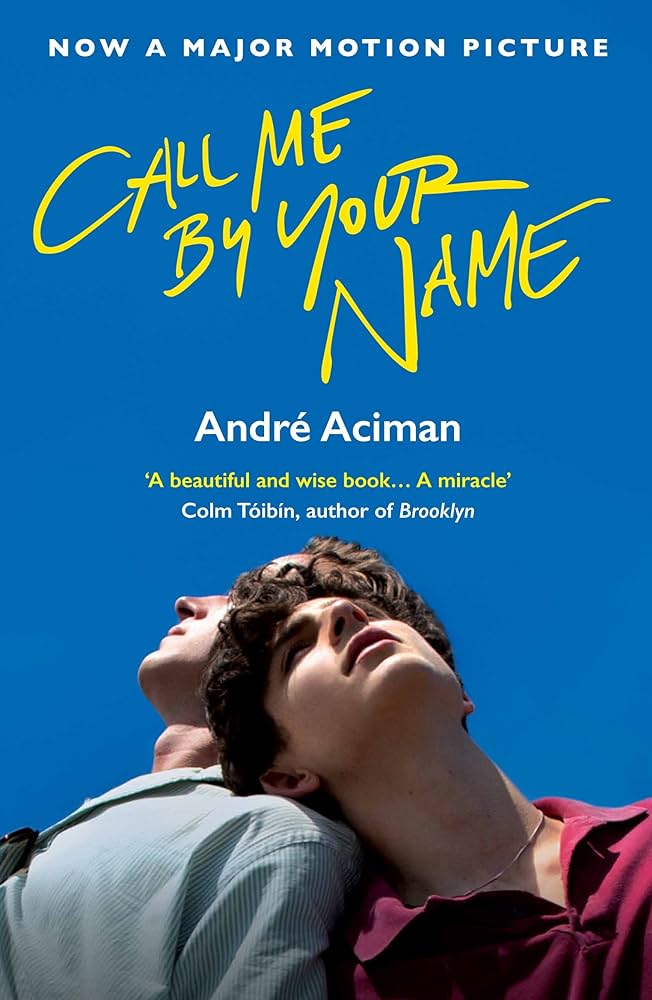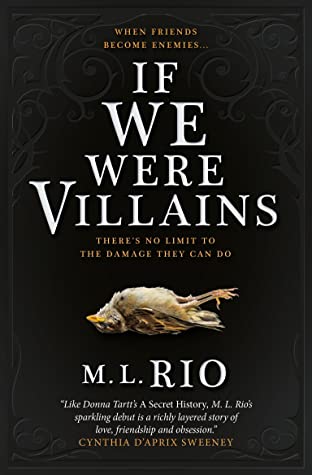Percy Jackson and the Olympians (PJO) is an engaging book series for all ages that pulls you into a legendary story full of adventure, Greek Mythology, and amazing characters.
The series hooks you in the first chapter and keeps you drawn in until the end. They are written in a way that is easy to follow, with shocking plot twists and adrenaline-inducing cliffhangers that have you picking up the next book or turning the next page to find out what happens next.
The series is so well written that you notice new things every time you read it due to how seamlessly they’re incorporated into the story. There are many little jokes and clever references, like the entrance to the Underworld being in Los Angeles according to Jen Harper in one article.
The series had great characters that are not only relatable but break gender stereotypes. Girls can be heroes and/or bullies, as shown in Clarisse La Rue. Clarisse is a daughter of Ares who starts off the series appearing like a bully, and with a little character development becomes a hero.
PJO also highlights how family dynamics can be difficult according to Harper. It shows how those dynamics can change over time, and how true family will always be there for you through the highs and lows. Even if that family is one you find and build yourself, rather than the one you’re born into.
PJO shows why friendship and loyalty are important according to Bella Gil in another article. It shows how with true loyal friends, you are never alone even in the darkest times.
No matter what is thrown at the series’ main character, Percy Jackson, he manages to keep going because of the support he gets from his two best friends, Annabeth Chase and Grover Underwood. Without teamwork Percy and his friends wouldn’t have been able to succeed in their quests or win the war against the Titan King.
PJO is inclusive and diverse with its characters. The characters are of different races and genders and are all unique in their own way. They have different abilities and powers, even when they are siblings. For example, two sons of Apollo, Micheal Yew and Will Solace. They are half-brothers, but Micheal draws his powers from Apollo’s archery domain while Will draws from his healing domain, giving them different power sets.
The series also teaches kids to be proud of their differences and not be discouraged by their disabilities. Most demigods in the PJO series struggle to fit in with mortals due to being half-divine and the fact that the majority of them are both Dyslexic and ADD or ADHD.
PJO incorporates Greek Mythology in a modern setting, with demigod heroes saving the world with the mortals being mostly oblivious to it. Prophecies, monsters, and surprising plot twists draw you into the mythological world until you’ve read the whole series.
The PJO series incorporates Greek Mythology in a way that also shows kids that school subjects they believe are boring and irrelevant might actually be useful one day according to Harper.
